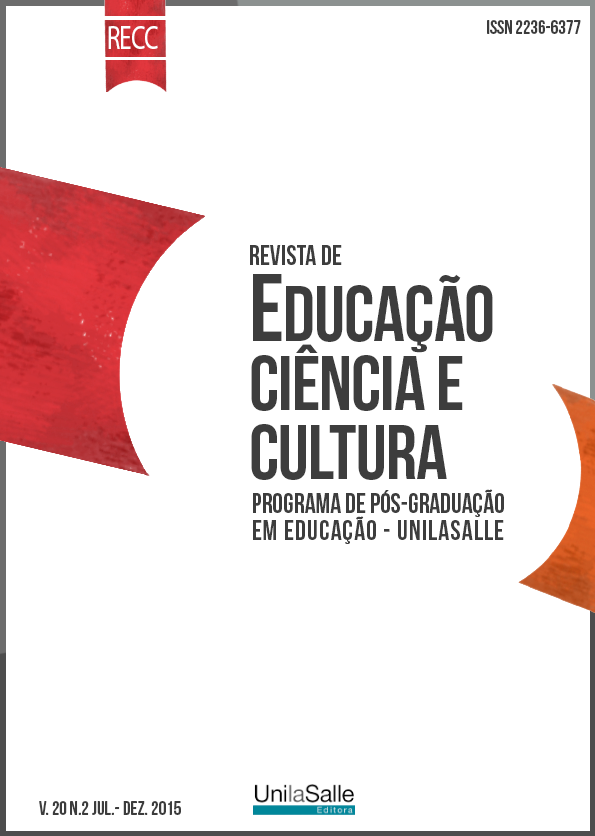From the post-modern to the literary canon: identity of Rio Grande do Sul built through the literary texts
DOI:
https://doi.org/10.18316/2236-6377.15.13Keywords:
Literary Canon, Cultural Studies, Identity, Post Modernism.Abstract
This article aims to understand and examine the socio-cultural conditions and current aesthetics, in which one can observe a complaint relating to the canon and marginalization of social actors during the period known as post modernity. Therefore, it deals with the problem of the concept of identity, since we consider a key concept for understanding this context. In addition to allowing greater understanding of identities created by the South Rio Grande canon (canonical literature with production in the state of Rio Grande do Sul / Brazil).
Downloads
Published
Issue
Section
License
Authors must submit their manuscripts to be published in this journal agree with the following terms:Authors maintain the copy rights and concede to the journal the right of first publication, with the paper simultaneously licensed under the License Creative Commons attribution that permits the sharing of the paper with recognition of authorship and initial publication in this journal.
Since the articles are presented in this journal of public access, they are of free use, with their own attributions for educational and non-commercial purposes.
The Periodic Journal of Education, Science and Culture in http://www.revistas.unilasalle.edu.br/index.php/Educacao was licensed with a Creative Commons - Attribution - Noncommercial 3.0 Not Adapted.


